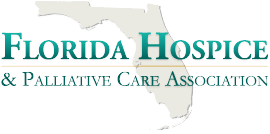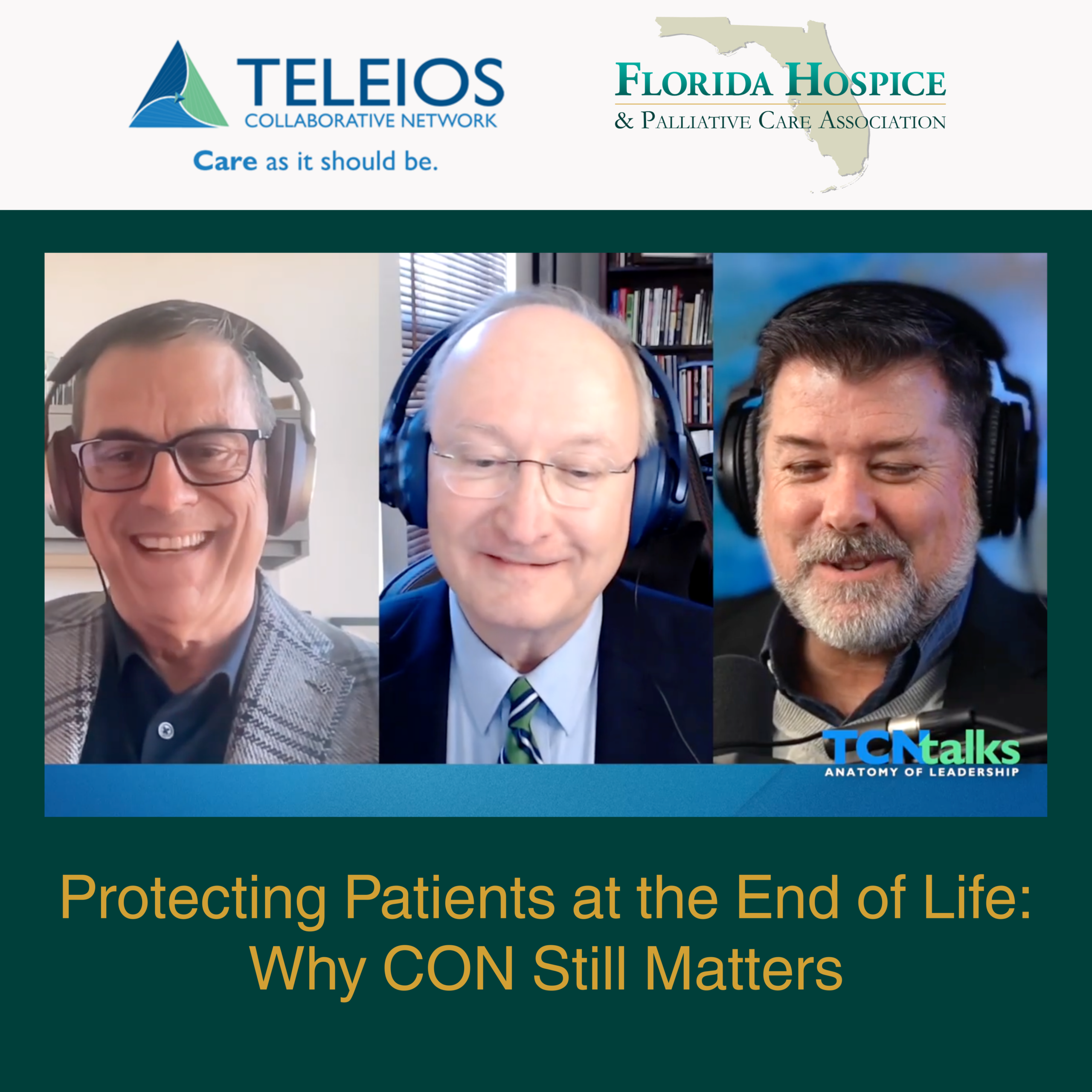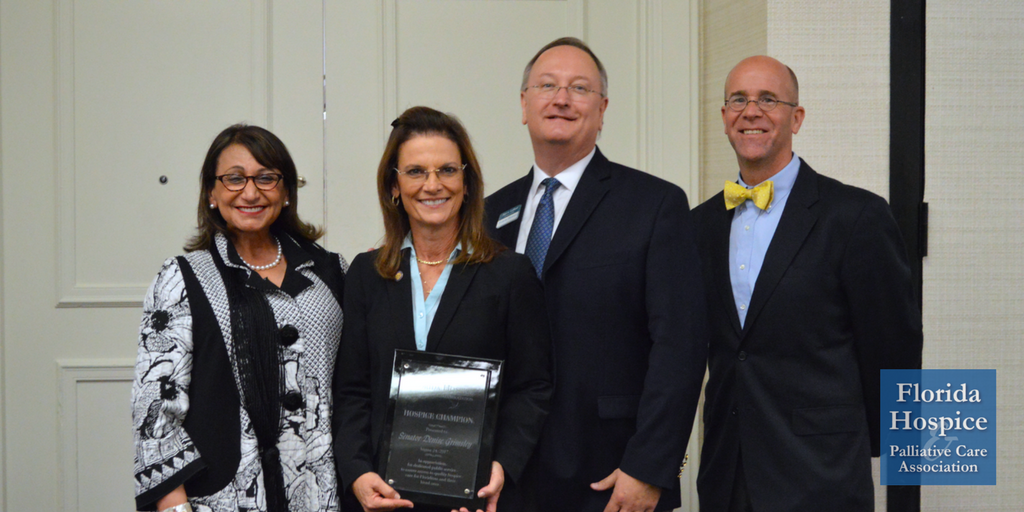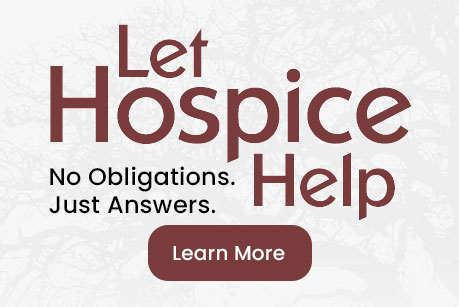Our CEO, Paul A. Ledford, along with the CEO of the Association for Home & Hospice Care of North Carolina, Tim Rogers, joined Chris Comeaux on the TCN Talks Anatomy of Leadership podcast (Teleios Collaborative Network). They discussed protecting patients…
Protecting Patients at the End of Life: Why CON Still Matters
Gov. Ron DeSantis has signed legislation that would take some stress off palliative care physicians who guide patients through their final hours, as well as the grieving families they leave behind. Continue reading →
Tallahassee, Fla.—During the Florida Hospice and Palliative Care Association’s (FHPCA) fourth quarter Board Meeting at Hilton Bayfront in St. Petersburg, Hope Healthcare President and CEO Samira K. Beckwith presented Senator Denise Grimsley with the Hospice Champion Award. FHPCA recognized Senator Grimsley’s role…
News
Our CEO, Paul A. Ledford, along with the CEO of the Association for Home & Hospice Care of North Carolina, Tim Rogers, joined Chris Comeaux on the TCN Talks Anatomy of Leadership podcast (Teleios Collaborative Network). They discussed protecting patients…
Upcoming Events














